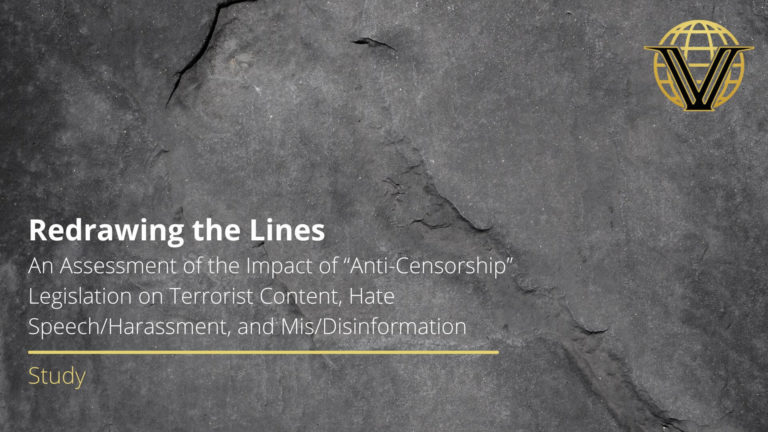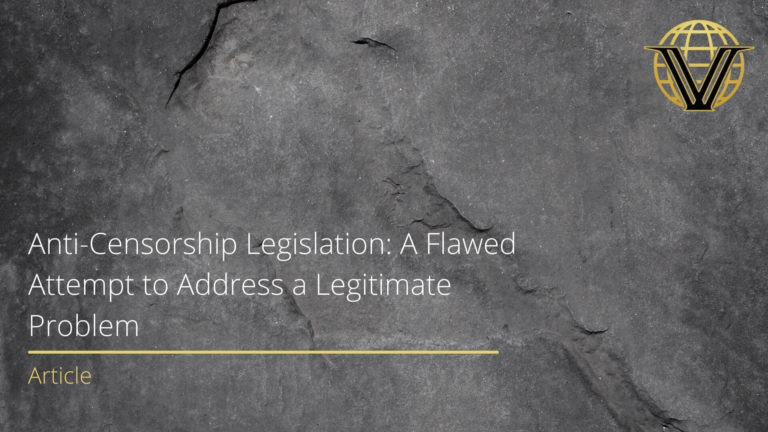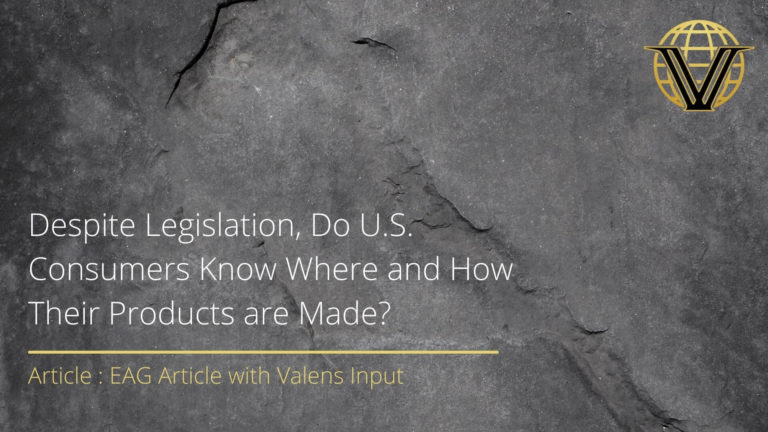Daveed Gartenstein-Ross
Tony Blair Institute for Global Change
A US drawdown would worsen Afghanistan’s crisis – Daveed Gartenstein-Ross
Though President Donald Trump vowed to “eradicate radical Islamic terrorism from the face of the earth” in his inaugural address, I would not take that promise as a pledge against which his administration’s efforts can be judged. There are serious questions about whether violent jihadism can ever be fully eradicated “from the face of the earth” (as opposed to being reduced from a serious strategic challenge to a more marginal problem), but even if one thinks this is possible, it’s not going to happen in four or eight years. There are too many hot spots where jihadis control territory or have significant operating space — including Iraq, Syria, Libya, Mali, Yemen, Afghanistan, and Somalia — and too many challenges are associated with each of these theatres, and others, to make Trump’s statement anything but a rhetorical flourish.
Understanding Afghanistan as part of this problem set, the effect of a decrease in US involvement would, bluntly, be to pull the Band-Aid back from Afghanistan’s problems. It would bleed out more quickly.
Bill Roggio recently detailed the escalating pace at which the government in Kabul is losing ground to the insurgency. The Special Inspector General for Afghanistan Reconstruction (SIGAR) has documented, Roggio writes, that Kabul now “controls or influences just 52 percent of the nation’s districts today compared to 72 percent” in November 2015. This bleak situation will grow markedly worse, and quickly, with a US drawdown.
But simply leaving troops in the country will not do the trick. The growing losses there to the Taliban insurgency are happening despite the current US troop presence, and the US’ Afghanistan policy has been functionally adrift since the end of US General McChrystal’s surge period, when 33,000 US troops were deployed. Keeping the fight away from the headlines is not a viable political or military strategy. American political leadership has seemingly decided that it does not want to lose in Afghanistan, but is not willing to make the commitments necessary to win.
This listlessness is emblematic of the broader US strategy in its fight against major transnational jihadi organisations. Whether you are optimistic about the Trump presidency or believe it will be a disaster, there is promise — as well as peril, of course — in how it represents a break from business as usual. Whether this break will result, in this administration or another, in processes and thinking that can more effectively tackle the growing challenge posed by violent non-state actors remains to be seen. But we are all players in that tale.
Daveed Gartenstein-Ross is a Senior Fellow at the Foundation for Defense of Democracies and the Chief Executive Officer of Valens Global.



